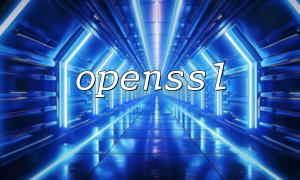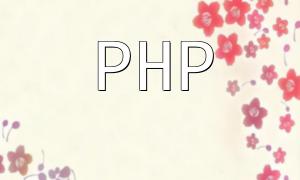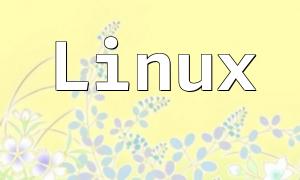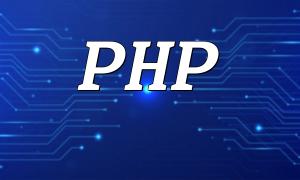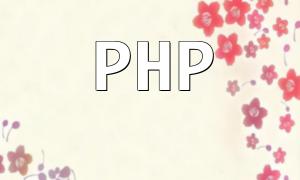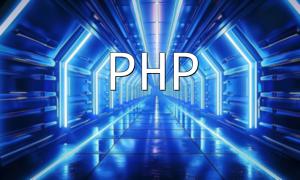PHP (Hypertext Preprocessor) is a widely-used open-source server-side scripting language, designed for web development. PHP can be embedded directly into HTML, making it ideal for dynamic webpage creation. The following are the core features of PHP:
PHP is a language specifically designed for the web, allowing seamless integration within HTML without needing external files. It supports dynamic webpage generation, form data processing, session management, and database interaction, making it one of the most crucial languages in web development.
PHP is primarily used for server-side programming, similar to Java and ASP. By executing PHP scripts, developers can generate dynamic web pages. This approach allows complete control over the data sent by clients, enhancing web application security.
PHP works across a variety of operating systems such as Linux, Unix, and Windows. Since PHP code is executed on the server side, it is independent of the client's operating system, meaning PHP programs can run on different systems without modification.
Unlike other languages, PHP does not require explicit variable type declarations. It automatically converts data types during runtime. While this reduces type safety, it significantly boosts development speed and flexibility.
<?php
$a = "10";
$b = 5;
$c = $a + $b; // PHP will automatically convert the string "10" to a number for arithmetic operations
echo $c; // Output: 15
?>
PHP is known for its simplicity and ease of use, making it beginner-friendly. Most developers can get up to speed quickly, and PHP benefits from extensive documentation and a wealth of open-source resources to assist in development.
PHP is widely used in the following areas of web development:
PHP enables the creation of dynamic web pages by processing client-sent data on the server. By handling forms, sessions, and databases, PHP allows for the generation of custom HTML content based on user input.
PHP is widely used in MVC (Model-View-Controller) web frameworks, such as Laravel, CodeIgniter, and Yii. These frameworks provide developers with essential architecture and design patterns, reducing complexity and improving productivity.
PHP integrates closely with MySQL and other database management systems, making it easy to store, retrieve, and manage data within web applications. This provides robust backend support for dynamic content.
PHP has evolved into a powerful tool for developing e-commerce platforms and content management systems (CMS). With numerous open-source solutions and development frameworks, developers can quickly build and customize these systems.
PHP is used in developing media streaming protocols like Icecast and Shoutcast. It helps manage media content on web applications, which is particularly useful for online broadcasting and streaming services.
PHP has become one of the most popular languages for web development, particularly suited for small to medium-sized businesses and individual developers. As an open-source and easy-to-learn language, PHP offers powerful features and a broad range of applications, giving developers more freedom and flexibility in building web applications.

